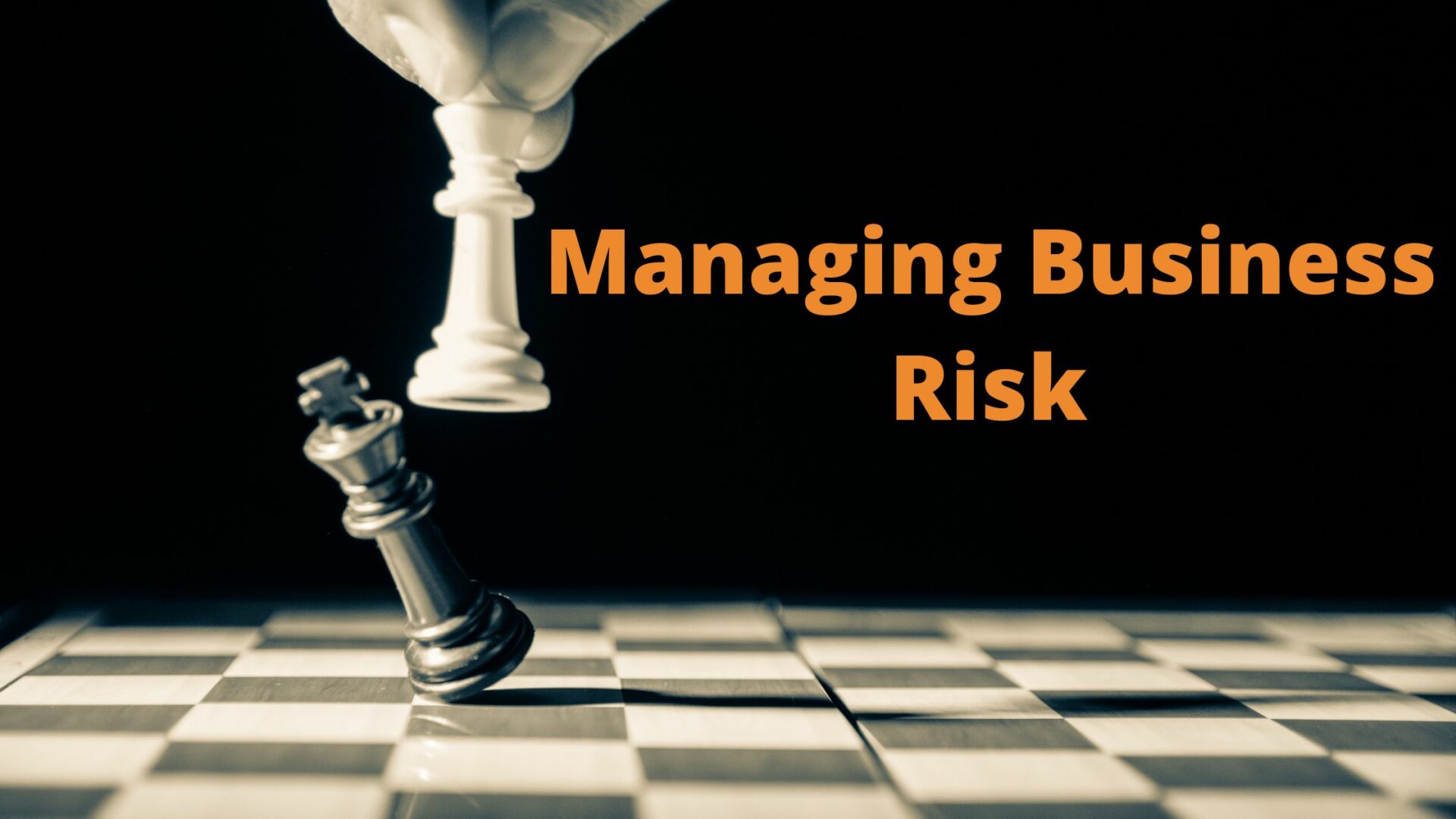
COMMON CHALLENGES WHEN SELLING A BUSINESS
For a lot of entrepreneurs, selling their business is the end goal. Even when the first spark of an idea starts to take formation in their minds, the overarching aim is still to one day hand that idea over to someone else and make a profit. That’s just how business works!
If you’ve worked hard to set up a thriving business and now it’s time to pass the wheel to someone else, you’re probably thinking a lot about the selling process. But, where do you even start?
Knowing How to Sell a Business is Key to a Profitable Sale
Selling a business isn’t as simple as handing over the keys to someone else; it’s a complex procedure that involves a lot of time, focus, and knowledge, and it’s the latter that I’ll be focusing on today. Learning is at the root of all success, and it’s no different when it comes to a business sale. By understanding more about what’s involved, things to look out for, and hurdles you’ll have to jump over, you can be better prepared and land a more profitable deal.
Let’s start with some of the common challenges you’re likely to experience.
Understand How to Value Your Business
Your business probably feels a lot like your baby. You’ve nurtured it since it was a tiny startup and grown it into the brand it is today, and, like parents, you probably see it through rose-tinted glasses! That’s not a bad thing, but you need to remember to take them off when it’s time to value.
So many CEOs overprice their business because they see it beyond its worth, ultimately stifling the sale. Instead, think logically about your business, and if you can’t, then bring a third party in who’s going to be able to see things a little clearer.
When valuing your company, it all comes down to profit * value (the potential of your business, which we’ll look at a little in the next point).
Beating Out the Competition in Over-Saturated Markets
If you’re not careful, you can easily find yourself in a race to the bottom in over-saturated markets! The more companies trying to sell, the more you’ll be inclined to put your price down. But, that’s not the ideal approach.
Instead, you need to focus on marketing the value of your business until the price becomes – almost – irrelevant. The more appealing your company looks to buyers, the more they’re likely to pay. Positioning yourself for a profitable sale comes down to a few different elements.
Talent and Culture
If you can show that the talent and culture at your company exceeds that of your competitors, you can value your business higher. Potential buyers will have more trust in your business model, and your brand becomes more appealing.
Innovation
You need to pinpoint the unique aspect of your business if you want to reel in those offers. Innovation is like bait to buyers, and if you can show that you have something that sets you apart from others, like a machine that reduces lead times, you can beat out the competition.
Scale
Scale is one of the most vital aspects of a business. This is all about looking at your company’s future reach and the potential you have within your marketplace. Demonstrate scale, and you’ll never have to worry about competition again!
Don’t Lose Focus of Your Business
You’ve spent years successfully running your company, so don’t take your eyes off the ball now! It can be easy when you’re so close to success to let go of the reins a little; like a football team who’s 1-0 up with two minutes to go might start to relax. But, it takes just one moment for the ball to slip past a distracted player, and suddenly that victory isn’t so secure anymore.
Suppose you get too caught up in valuing your business, marketing it, and negotiating with potential buyers that you stop running the company. You then leave yourself open to several problems. These include:
- Losing market share
- Losing your competitive edge
- Falling profits
Until the sale’s done and the ink on your contract is dry, all of these things can put a dent in your value and halt the growth of your business! The last thing you want when you’re closing in on a sale is for the price of your company to drop and buyers to pull out.
So, make sure that you aren’t conducting the sale entirely on your own; no one can do everything at once, and that’s simply too much to focus on. Bring in help either in running your business or in conducting the sale to make sure that your value doesn’t slip.
You’ve Got a Sale – Hooray! But the Work Doesn’t End There
It can feel like you’ve finally reached the top of the mountain or the finishing line of a race when you finally secure an offer but don’t get ready to rest just yet! There’s a whole new list of work to add to your to-do’s now.
You’ll be negotiating deal structures, legal issues, negotiations, contingencies, timeframes, and due diligence, to name just a few. There’ll be an abundance of deadlines and paperwork you’ll need to see to, as well as keeping your business afloat whilst the sale goes through. At this point, careful management is essential to keep risks to a minimum and avoid hiccoughs, ensuring smooth sailing as you hand over your business to a fresh, new owner.
Don’t Do It Alone
The running theme throughout these challenges is this: you should never conduct a business sale without help. From understanding how to value and position yourself correctly to not letting your business flounder whilst your focus is elsewhere, bringing in a few extra hands is essential! If you want an easy sale, don’t do it alone.
For more advice on selling your business and increasing its value, get in touch with our team at SGFE today.





